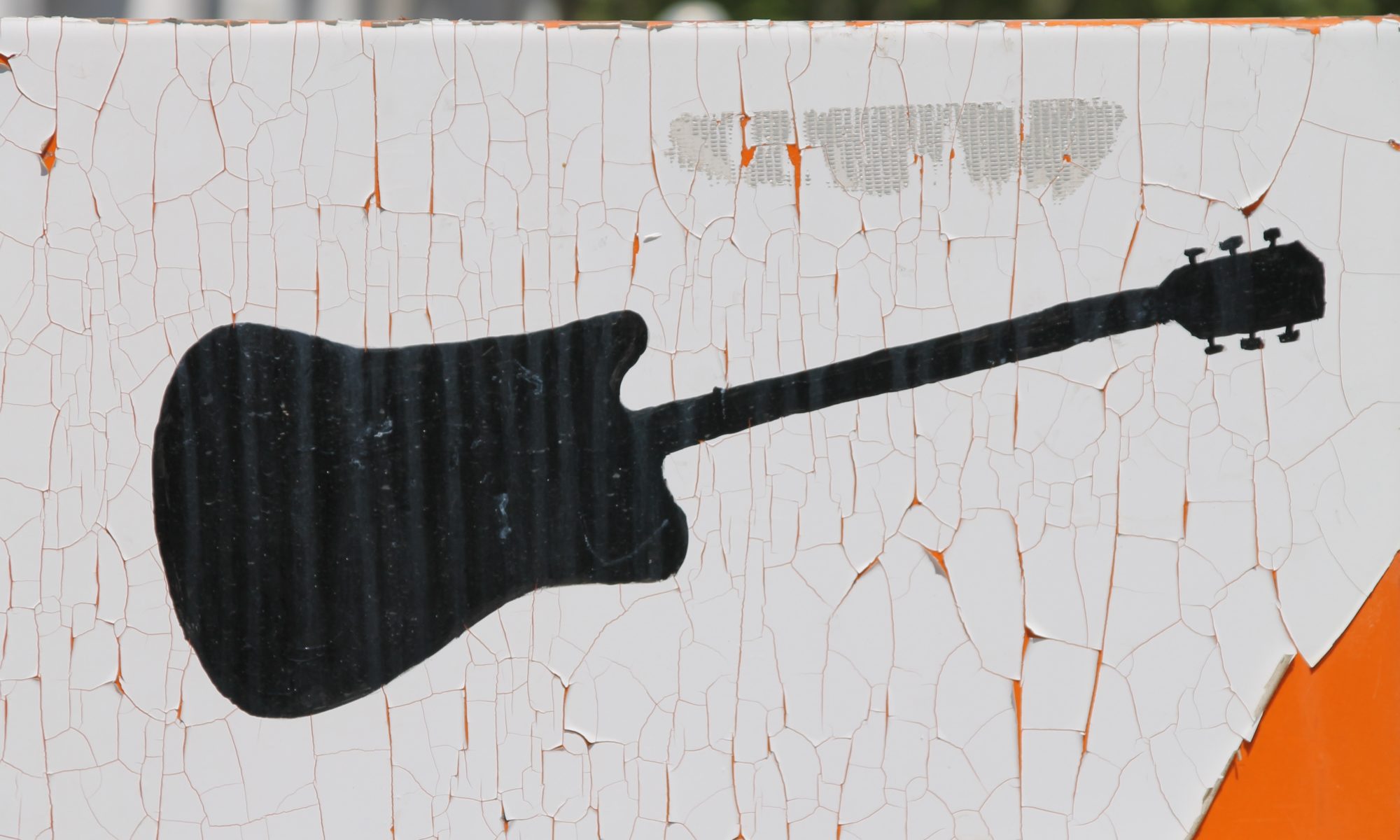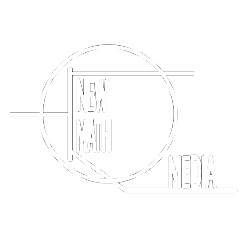Things You Need:
- Tuning ( 1. Tuning )
- Reading Guitar Tab ( 2. Guitar Tab )
- Open Chords ( 3. Open Chords )
- Bar Chords ( 4. Bar Chords )
- Major and Minor Scales ( 6. Major and Minor Scales )
- Harmonizing Scales (7. Scales Meet Chords)
You may not realize it, but playing with Modes is something that you are already familiar with – the Major Scale is also known as the Ionian Mode, and the Minor Scale is also known as the Aeolian Mode (or natural minor scale). There are a total of 7 Modes. Jazz, classical, and other forms of modern complex music use these. Popular music regularly uses only a few of these.
There is a lot of music theory behind how modes are formed, and many perspectives used to teach this. If you’re interested in the theory, do some searches for Mode Tutorials or Mode Origins. The way I like to look at modes is that, just like the Major and Minor Scales, each is a 7 note scale that sound different from each other. Whether it is appropriate to use a given mode in a given situation will depend on the harmonic and melodic structure of the song. The first step to take in understanding Modes, and whether you will have any use for them, is to listen to each one and decide if they agree to your ears. If one or more of them do, then you will need to develop an approach to identify when, where, and how to incorporate them.
Using Modes in your playing is akin to how a chef uses spice – it is an individual choice that will help define your music. Other than the Ionian (Major Scale) and the Aeolian Mode (Minor Scale), I use only the Dorian and Mixolydian Modes with any regularity, and these are the only modes you will find regularly within western pop music.
Here’s a video going over what was my introduction to Mixolydian (and one of the easiest progressions to learn over – G and A):
Here’s a video going over “Oye Como Va”, a well known song that uses Dorian:
Searching online for modes or modal playing for guitar will yield many approaches to choose from. Explore, use your ears, and decide what works for you.
If you understand the theory this far and want to adventure further, check out the following video. This details the music theory that pro jazz musicians absolutely need to know. You should understand the core concepts here, and recognize a bunch of new concepts that you can dig into if you want to play jazz, or for some odd reason you just like music theory:
More links for Modes:

